Mozambique
Russian Foreign Minister Sergey Lavrov met with Mozambique President Filipe Nyusi in Maputo, the capital of Mozambique, where he arrived on Wednesday for official talks.
Speaking about military cooperation with Mozambique, Lavrov said that Russia is ready to supply military products to the country.
“Building on the good experience we already have here, we will be ready to supply the military products required by our Mozambican friends, including those to ensure defence capability and enhance anti-terrorist potential”, said Russian Foreign Minister, Sergey Lavrov.
During the visit, Lavrov rejected US accusations against South Africa regarding the supply of weapons to Russia.
"If something seemed (out of place) to the American or any other ambassador overseas, then actually he should mind his own business and not get involved in other people's affairs. As for the topic of arms supplies, which, as I understand it, you are interested in, I will emphasize once again: we never violate international norms, but our Western colleagues violate them by declaring neutrality regarding the events in Ukraine and pumping this country with a huge number of modern long-range and generally unsafe weapons, including for those who use them, I mean shells with depleted uranium, for example”, added the Russian chief diplomat.
Earlier this month, US Ambassador Reuben Brigety accused Pretoria of allowing weapons and ammunition to be loaded onto the Russian-flagged cargo ship Lady R when it docked at the Simon's Town naval base near Cape Town late last year.
South African government has denied all US allegations.




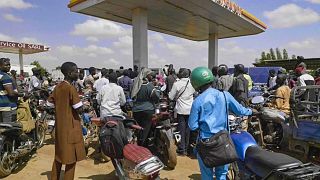
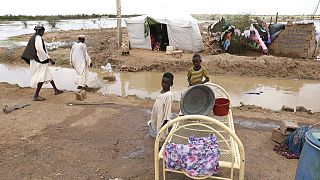
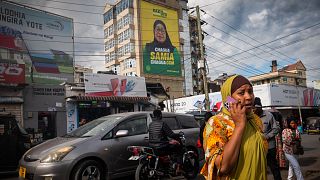
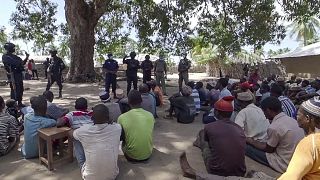
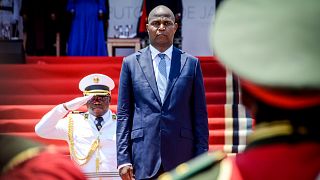
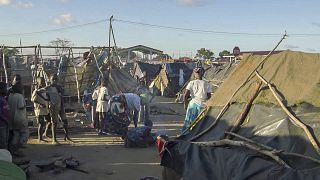

Go to video
Outrage at Milnerton High as assault video sparks protests and olice response
00:53
Former South African President Zuma ordered to repay state for legal expenses
01:40
South Africa and Vietnam elevate tie to strategic partnership
01:03
South Africa's DA party proposes axing race-based legislation
01:58
Russia and Morocco pledge to deepen cooperation during foreign ministers meeting
Go to video
Ramaphosa: Gaza ceasefire won’t halt South Africa’s genocide case against Israel